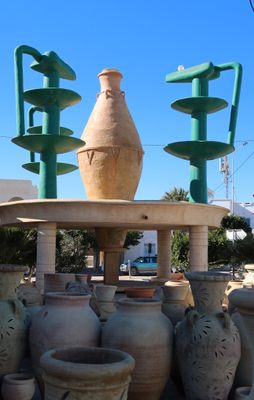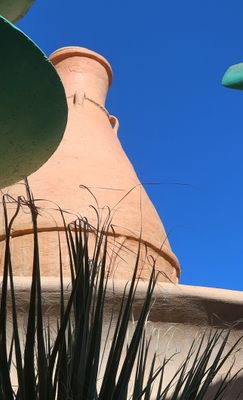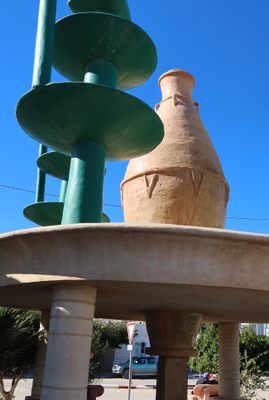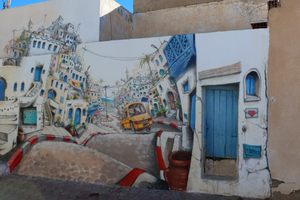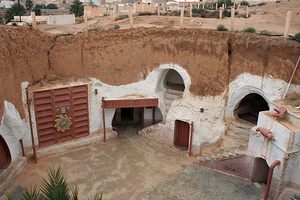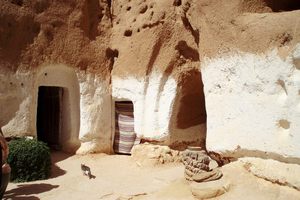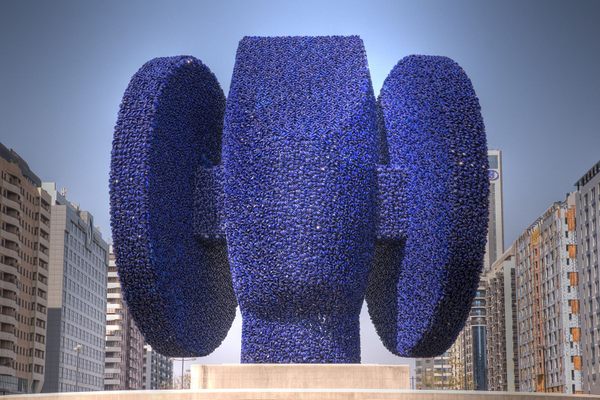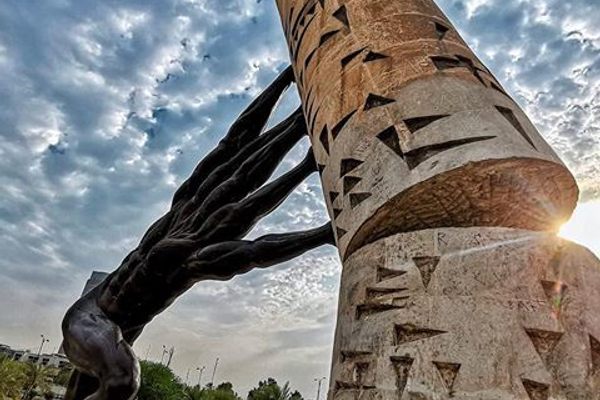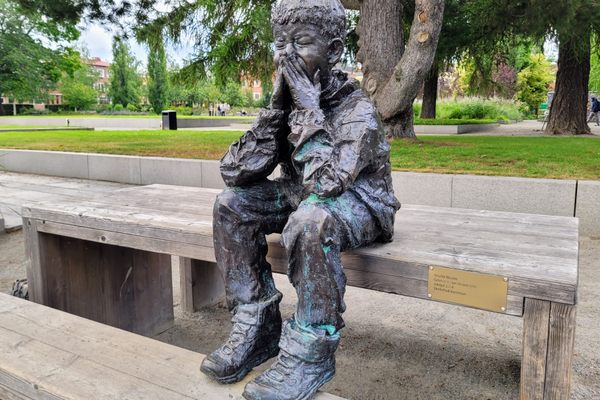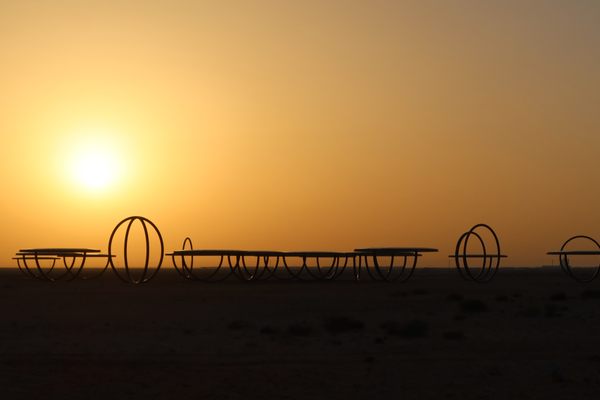About
Guellala is a village of about 10,000 people located on the southern coast of the Island of Djerba. All around the village are deposits of grey clay. Predictably, pottery played a vital role in the development of this village, so much so that even the name “Guellala” comes either from “goulla” (jar) or “gallal” (potter).
When and how pottery was first developed in the region is unknown, but it likely dates back to prehistory. Wheat, lentils, dates, and olive oil are staples in the Amazigh diet, and jars, tanks, and pots provide the best solution for their storage.
The pottery industry in Guellala experienced huge growth when the territory of the Roman Empire extended all along North Africa. It's documented that large clay containers from Djerba were used to transport olive oil to Rome, where the oil was often burned in lamps for light.
The type of clay jars and their use may have changed through the centuries, but pottery is still driving the economy in this village. Nowadays, the main use of these products is ornamental, and the main customers are tourists. To fulfill the demand, shops are filled with jars of different sizes and shapes. Some jars may emphasize aesthetics over practicality, but there is no shortage of traditional jars
To honor the region's bond with pottery, Guellala commissioned one of the biggest jars in the world. It required more than three tons of clay and 1,850 hours of labor over 13 months, but the "Biggest Jar in the World" was finally unveiled in December 2003.
Whether this is still the biggest jar in the world, is a matter of contention, depending on variables such as the type of jar and the material it is made of. It is, however, a sight to behold.
Related Tags
Tunisia: The Sahara, Mosaics & Star Wars Relics
A Sahara journey through ancient oases, diverse culture, & delicious cuisine.
Book NowCommunity Contributors
Added By
Published
March 15, 2024
